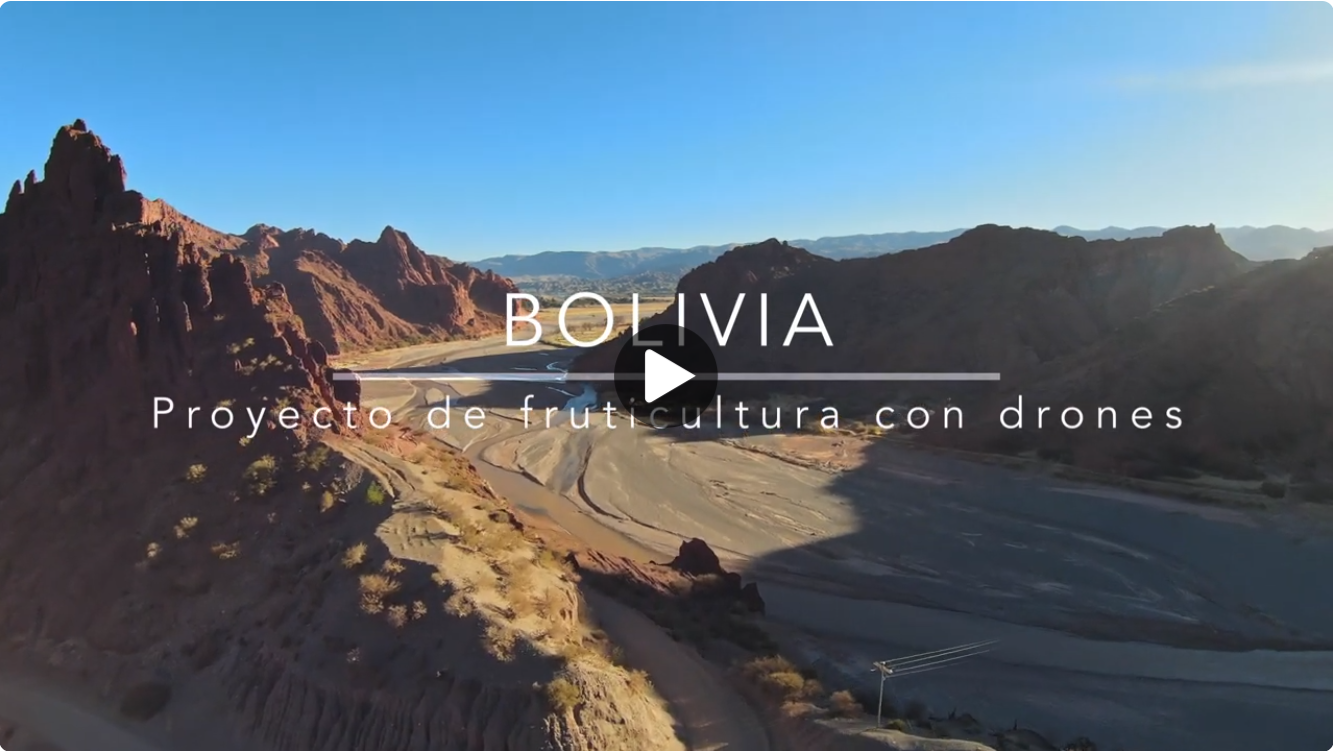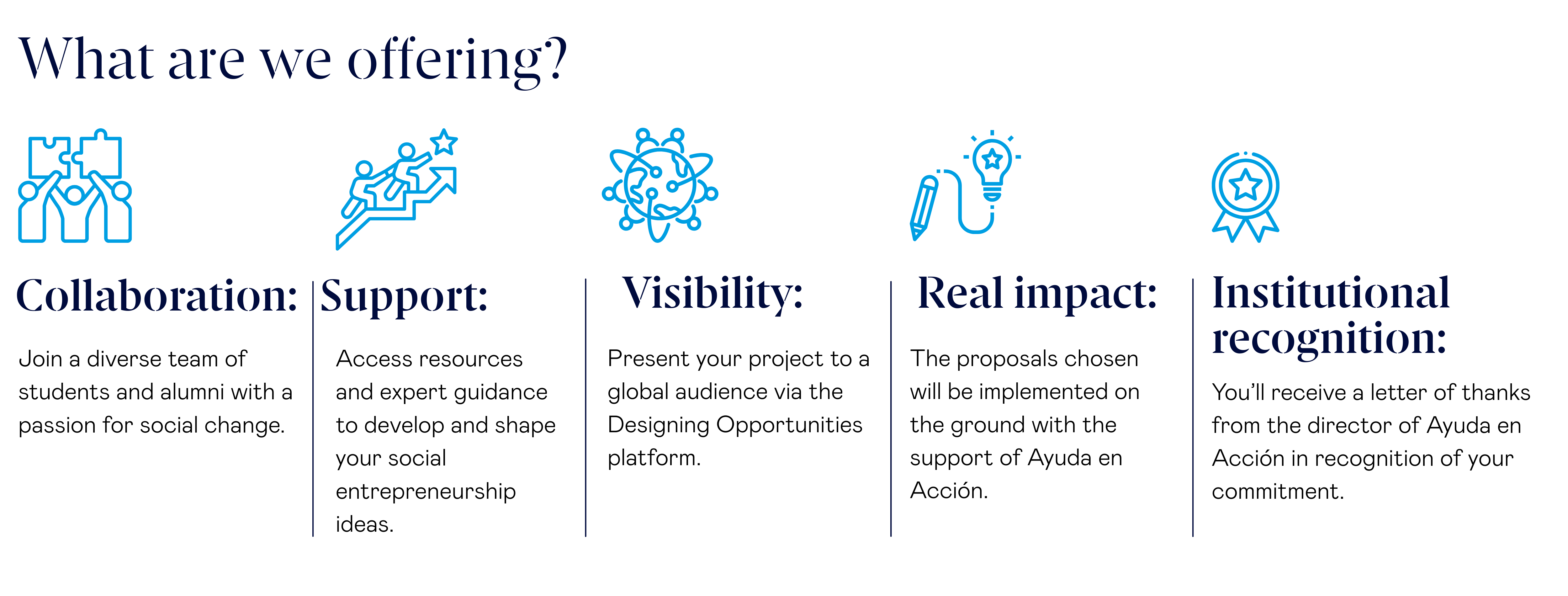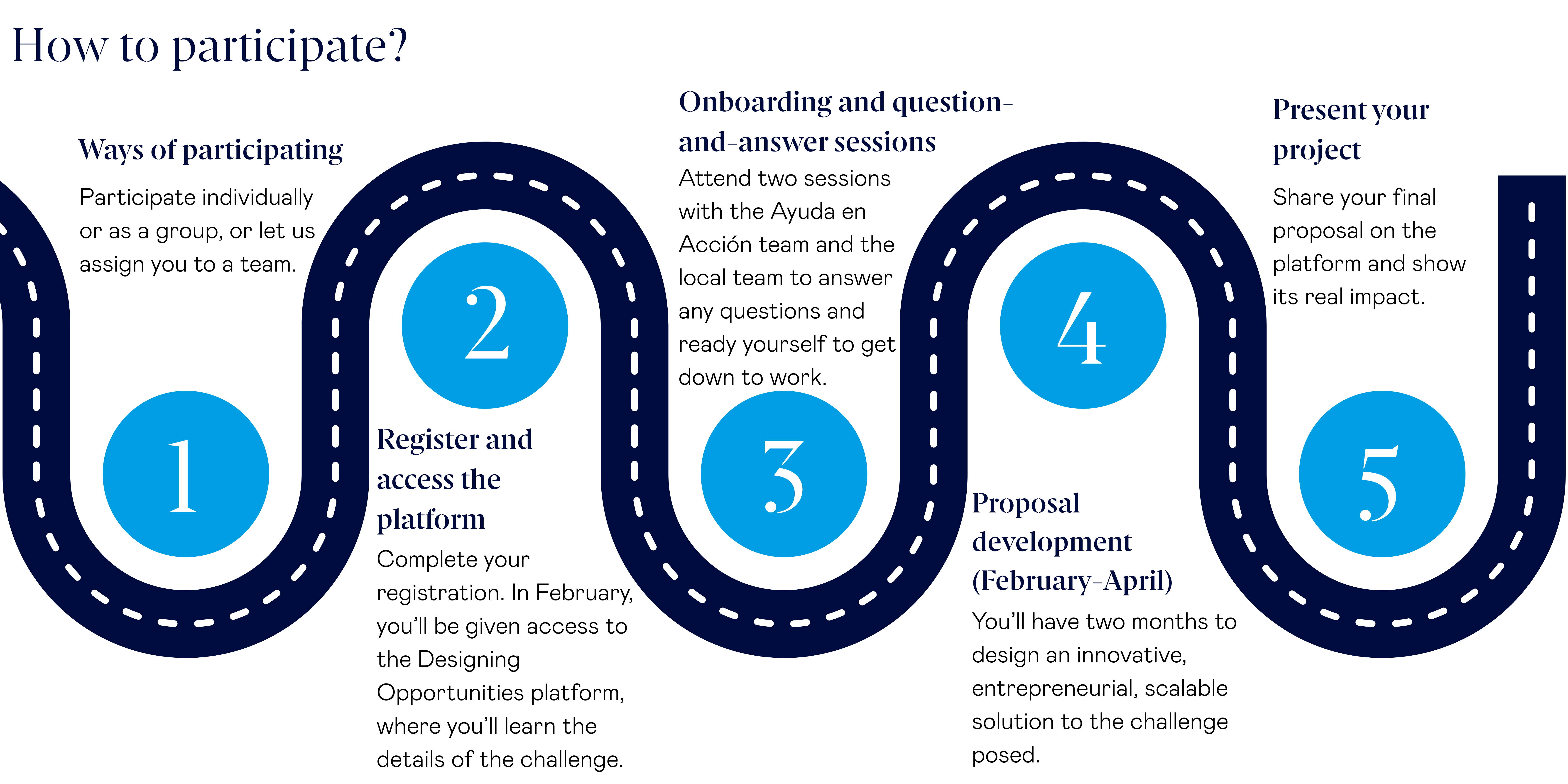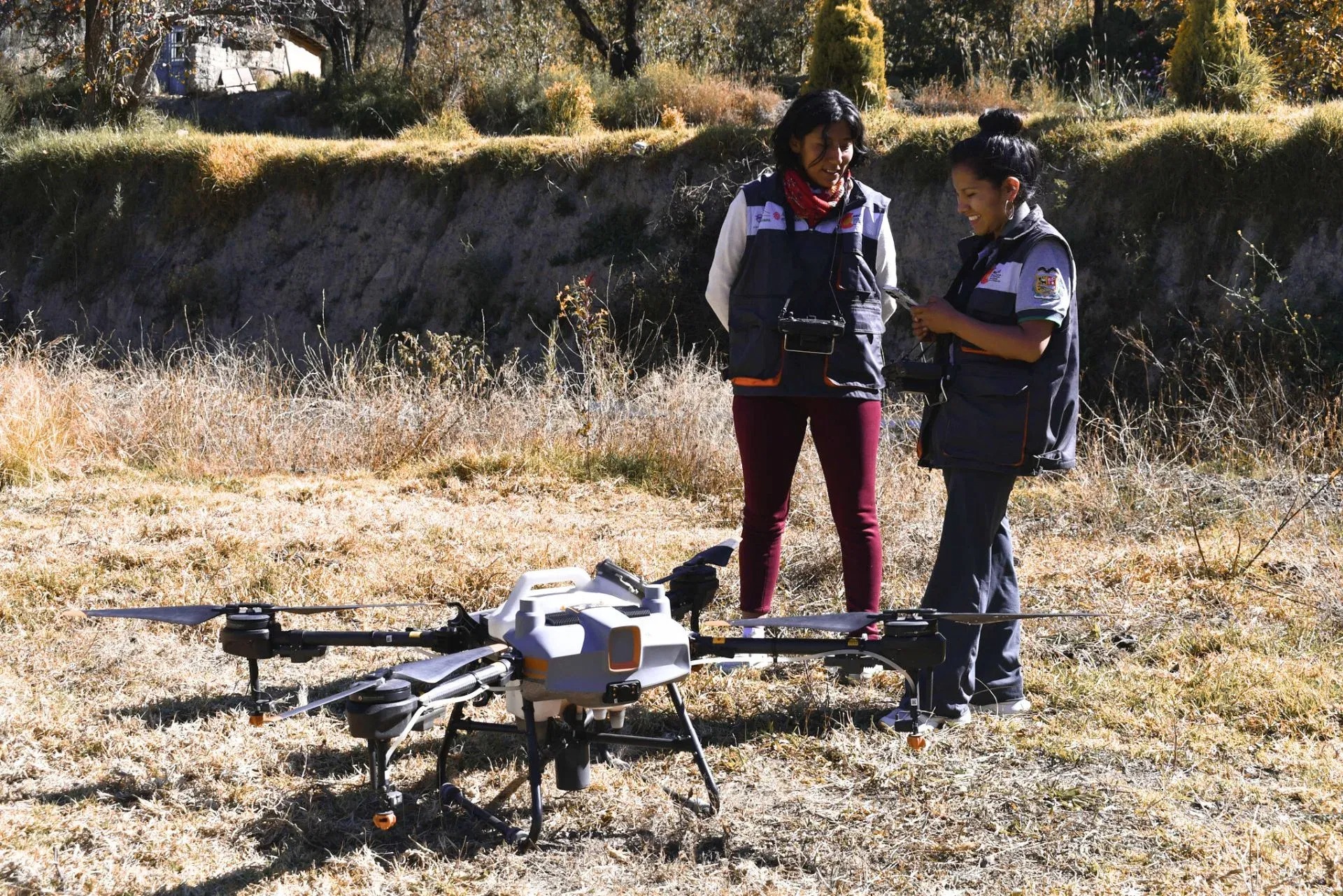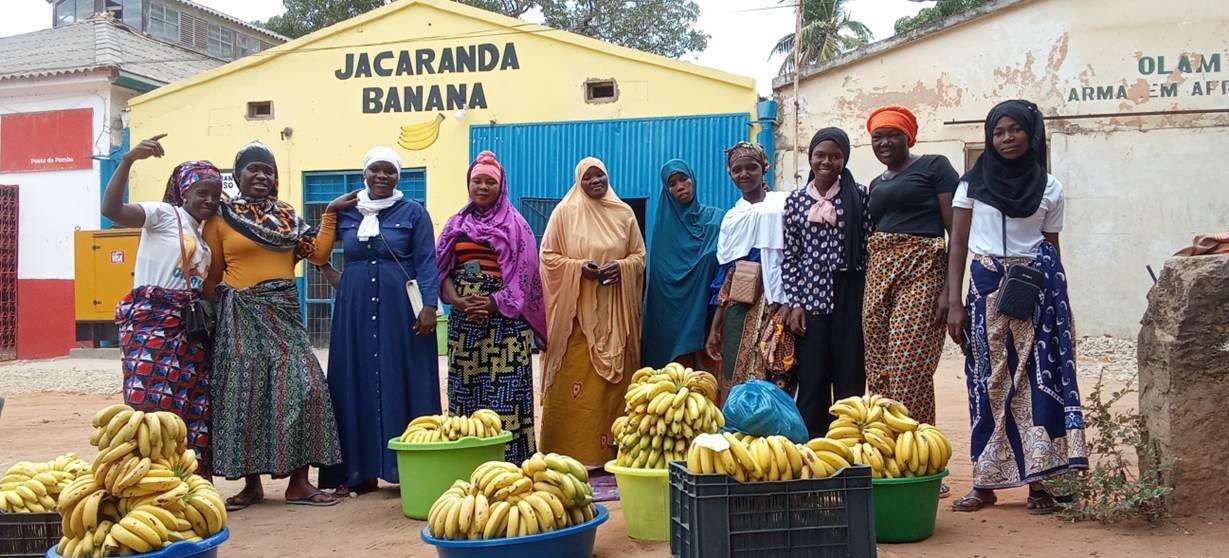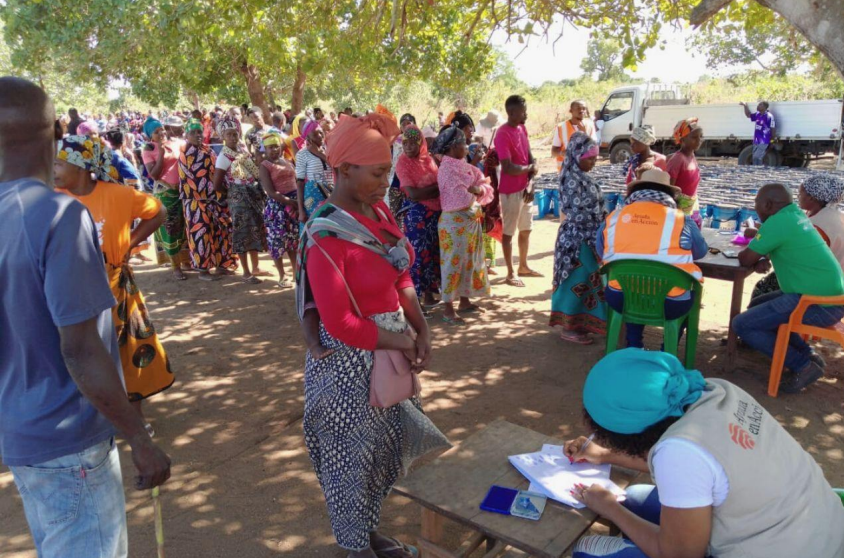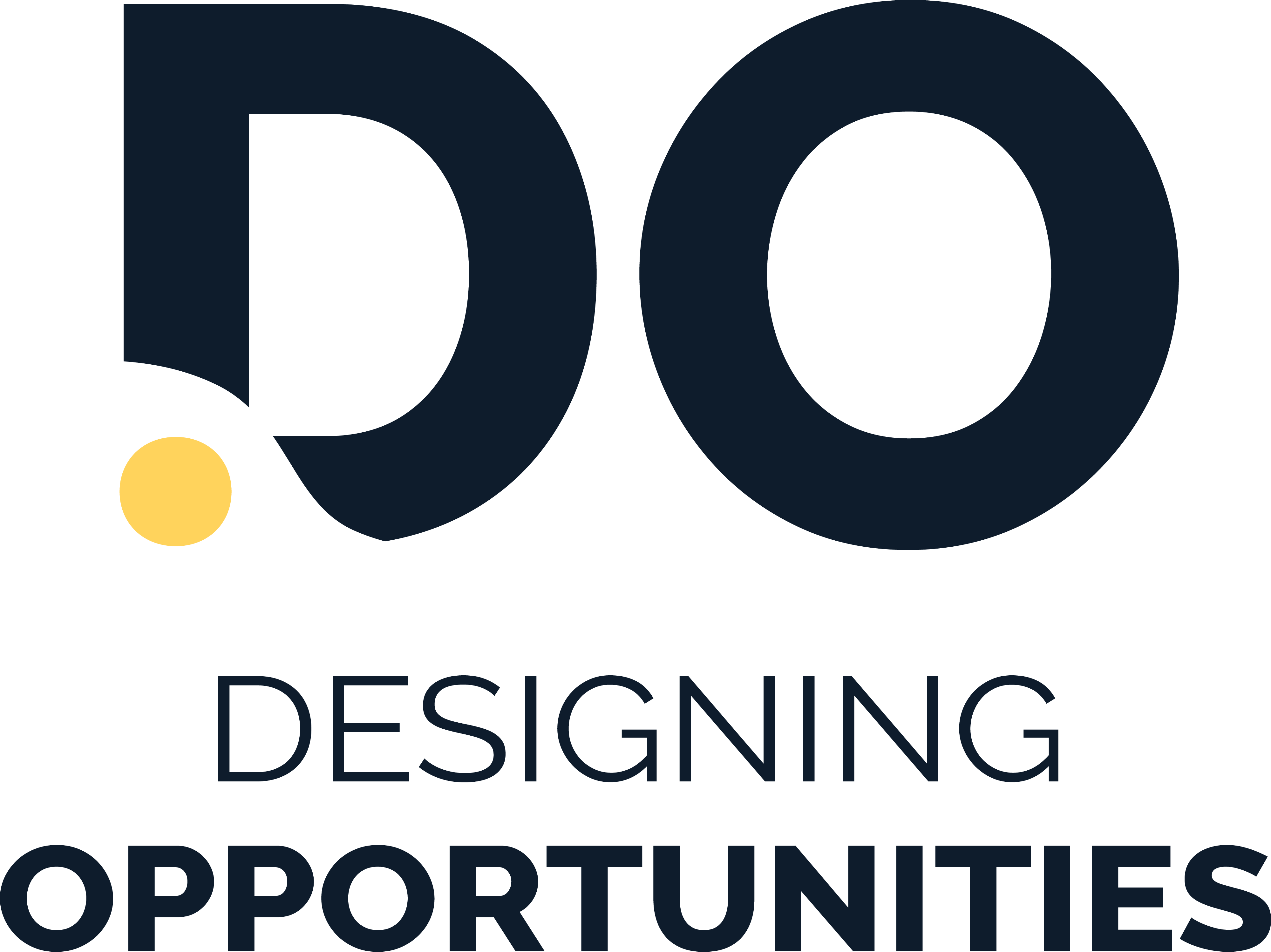
RESULTS OF THE PROJECT WITH ESADE ALUMNI AND AYUDA EN ACCIÓN
The final contributions from the 60 members of the Esade Alumni community were incredible and will no doubt contribute to enriching the Ayuda en Acción project in Honduras and improving the lives of many people. Read more about the results in this article.
And good news! The project is going to continue! After talks with the fishers about the eight solutions presented, the consortium led by RARE Fish Forever and made up of the Ayuda En Acción Foundation and the Center of Marine Studies decided to launch a new and broader project: “Thriving Coasts – Empowering Coastal, Fisher-Farmer Communities to Protect Biodiversity & Build Prosperity in Honduras.” The following initiatives will be launched over the next four years:
The InnPESS technology will be scaled up to introduce renewable energy into the fishing chain to improve conservation of the catches and boost fishers’ income by around 62%.
Twenty-four MSME’s will be created, promoted, and funded as economic alternatives in other market segments for at least 800 fishers.
Six savings and loans banks will be organized (one per associated community) as funding mechanisms for the families being supported.
Solutions from the previous challenge on Designing Opportunities and development will be adapted and incorporated in conjunction with ESADE Alumni (such as the cooperative model applied to savings and loans banks, the trademark or seal of quality and guarantee in artisan fishing, and MSME’s to be promoted).
This project will become a project within Esade Alumni’s Together program.
This is an international program that supports generation of the productive economy and the improvement in the livelihoods of local populations in developing countries. This is why we have included the Ayuda en Acción project in Honduras with within it. Members of the Alumni community who participated in the Designing Opportunities challenge will also participate in this project.
DETAILS OF THE AYUDA EN ACCIÓN PROJECT IN HONDURAS
New technology applied to traditional fishing, the winner of the challenge in academic year 2022-23, has sparked the fishing communities’ interest in exploring opportunities for inclusive entrepreneurship as an alternative livelihood. This is framed within the search for alternative livelihoods to lower the pressure on the coastal and marine ecosystems along Honduras’s Atlantic coast.
Unsustainable fishing practices, the extraction of mangrove trees, and pollution are leading to a subsequent deterioration in the critical marine habitat and resulting in a decrease in ecosystem services, which is affecting the livelihoods of local fishers and farmers.
Climate change is reinforcing this negative trend with increasing sea temperatures, which may change the migration patterns of economically important fish species; the acidification induced by carbon emissions, which is threatening critical coralline habitats; and a higher frequency and severity of disasters, which affect both habitats and human wellbeing.
Who are the people who live in the communities where we are going to work in?
In the 33 coastal communities within the six municipalities of Colón, with a population of 46,847 inhabitants, are mestizos and Garifuna. Even though the latter still preserve their cultural and linguistic identity, they have to cope with marginalization by the Honduran government and a lack of socioeconomic participation, which leads to a deterioration in their living conditions.
Figures from the study conducted by Rare in 2021 reveal that between 63% and 85% of the households in different municipalities do not have enough income to cover their basic needs. Food scarcity is a concern, with up to 48% of households reporting low food availability in the past year. More than 50% of the population lives on less than 1 USD per day, and unemployment, especially among the rural Garifuna communities, is high, standing at approximately 51%.
This new inclusive entrepreneurship project by Esade Alumni and Ayuda en Acción aims to address these socioeconomic concerns while also promoting sustainable fishing practices and conservation of the marine environment in these Honduran communities.
How did this initiative begin?
The coastal communities of Honduras are exceptionally vulnerable to climate change and declining natural resources. After the reform of Honduras’s national fishing law in 2017, which eliminated the exclusive 3mn-zone for artisanal fishing, the coastal fishers, who depend directly on its natural resources for their livelihood and food, are now facing a crisis.
Due to smaller catches, coupled with the lack of technical capacity within the communities and municipal governments, as well as limited options for alternative livelihoods, the fishers-farmers are implementing destructive practices in order to maximize their short-term earnings at the expense of long-term sustainability. As the coastal ecosystems deteriorate, there is a downward spiral of food insecurity and socioeconomic and ecological vulnerability.

In the search for more sustainable and efficient artisanal fishing practices, in 2022 Ayuda en Acción launched a social innovation process and the co-creation of a technological challenge via Social Solver, an open digital innovation platform for social impact.
The project began with an active listening phase which involved fishers and other local stakeholders in order to identify a specific problem. Several challenges were highlighted, such as the loss in product due to a lack of refrigeration, low-cost sales on the beach, and the scarcity of processing infrastructures. The goal was to preserve a system to conserve fish quality that would enable at least 6 different species to be economically and sustainably exported. The solution had to be robust, easy to maintain, and as low-cost as possible, following the Frugal Innovation criteria.
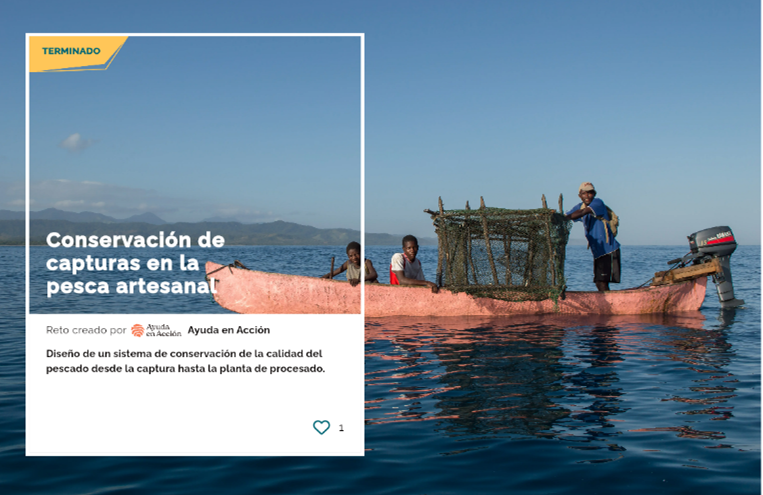

Twenty-five proposals were received, and the one chosen came from a South African engineer who proposed keeping the fish alive during conservation.

This solution was adapted by making two prototype boats which were equipped with a tank, a recirculation pump, a photovoltaic panel, and a battery that the panel would charge. Field tests were conducted to assess the feasibility of the innovation, and a positive impact on catches, fish conservation, and the length of fishing workdays was found.
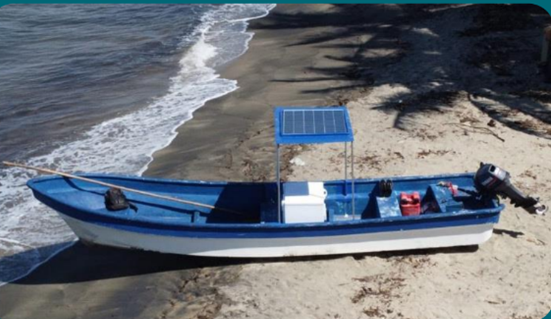
After the initial tests, a pilot phase got underway with 7 boats to measure the social, economic, and environmental impact of the innovation, along with a control group to compare the results. Significant improvements were found in catches, fish conservation, and family income.
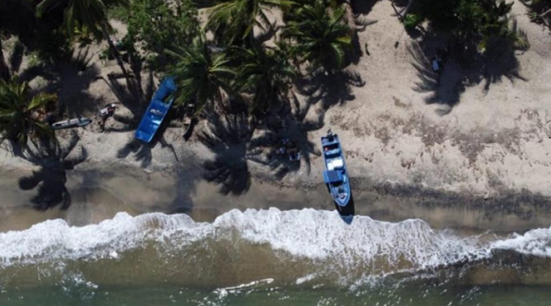
Currently, evidence is being generated on the ground during the pilot phase, which will conclude in April 2024. The preliminary results suggest a positive impact on the fishing community and the sustainability of the marine ecosystem:
- One of the most important findings is that fish that live at greater depths (red fish like mahogany snapper, yellowtail snapper, and bluestriped grunt) cannot withstand the temperature changes and depth decompression, while white fish (blue runner, colabario, Chilean jack mackerel, longhorn cowfish) withstand it quite well and reach the beach alive and undamaged.
- Catches are better, given that the fish are attracted to the surface thanks to the light (connected to the battery), so there is better fishing
- Live bait can be conserved, which improves catches.
- The workday becomes as long as the fisher can take, because the energy lasts all night long and is recharged the following day with the sunlight.
- The pumping system to recirculate and oxygenate the water in the tank works very well nonstop.
We also measured the fact that the improvement in families’ resources has an effect on the sustenance of the households and the children’s education, as indirect beneficiaries.

